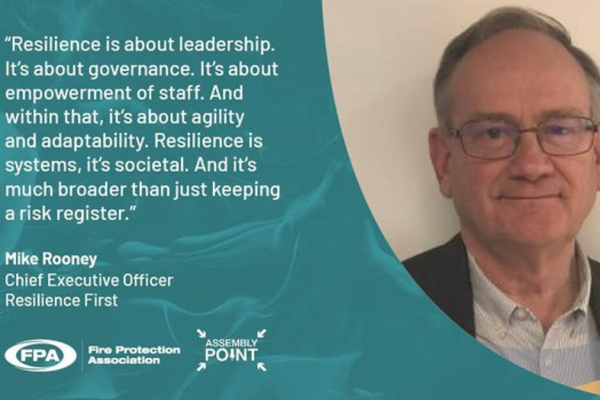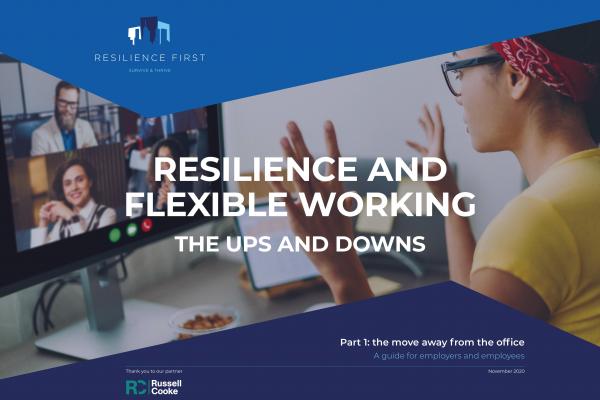With just-in-time delivery and single-source production, the danger lies in point failures bringing the whole system to a halt. That’s when resilience is shown to be deficient and questions are then asked – in hindsight – as to what were the alternatives and back-ups, often with few ready answers and a potential major loss to both reputations and services.
That seems to have happened with the Swiss pharmaceutical firm Roche today (7 October). The company has said that problems with a move to a new warehouse had led to a ‘very significant’ drop in its processing capacity for diagnostic tests around Covid-19, cancer and heart disease. The affected warehouse in West Sussex is Roche’s only distribution centre in the UK and covers the whole country. While a Roche spokesperson has said Covid-19 tests would be prioritised, it was acknowledged that it could take two weeks to fix the problem.
A similar situation arose in the early days of the pandemic with supplies of PPE and ventilators which were in short supply and originated from a single manufacturer, often abroad. This situation has largely been resolved but, seemingly, the lesson hasn’t been transferred to other parts of the medical-supplies industry.
Resilience is about securing supply chains where any disruption can be managed through alternative sources or processes. If a factory has to be updated or relocated then one would expect alternatives to be in place and tested before the move would be sanctioned. KFC realised that fact when a change of supplier led to a shortage of chicken earlier this year. Similar stories abound in other industries.
Having reserves, replacements or alternatives should be a natural part of key operational and resilience planning as, inevitably, some aspect will not go to plan. In the medical-supplies industry, at a time of Covid, the ramifications are immense. The UK Government should look again at this aspect of a critical supply chain.



